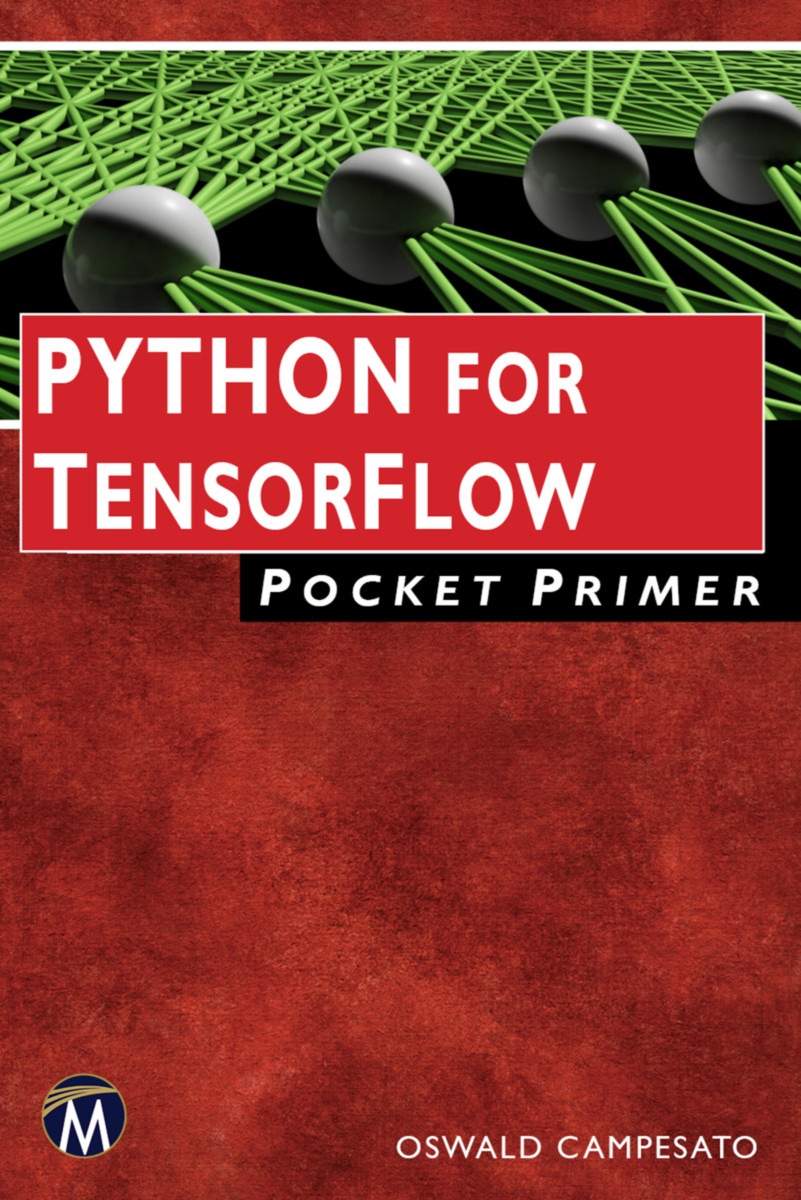- Publisher
Mercury Learning and Information - Published
3rd June 2019 - ISBN 9781683923619
- Language English
- Pages 218 pp.
- Size 6" x 9"
E-books are now distributed via VitalSource
VitalSource offer a more seamless way to access the ebook, and add some great new features including text-to-voice. You own your ebook for life, it is simply hosted on the vendor website, working much like Kindle and Nook. Click here to see more detailed information on this process.
- Publisher
Mercury Learning and Information - Published
9th May 2019 - ISBN 9781683923626
- Language English
- Pages 218 pp.
- Size 6" x 9"
Library E-Books
We are signed up with aggregators who resell networkable e-book editions of our titles to academic libraries. These editions, priced at par with simultaneous hardcover editions of our titles, are not available direct from Stylus.
These aggregators offer a variety of plans to libraries, such as simultaneous access by multiple library patrons, and access to portions of titles at a fraction of list price under what is commonly referred to as a "patron-driven demand" model.
- Publisher
Mercury Learning and Information - Published
9th May 2019 - ISBN 9781683923633
- Language English
- Pages 218 pp.
- Size 6" x 9"
As part of the best-selling Pocket Primer series, this book is designed to prepare programmers for machine learning and deep learning/TensorFlow topics. It begins with a quick introduction to Python, followed by chapters that discuss NumPy, Pandas, Matplotlib, and scikit-learn. The final two chapters contain an assortment of TensorFlow 1.x code samples, including detailed code samples for TensorFlow Dataset (which is used heavily in TensorFlow 2 as well). A TensorFlow Dataset refers to the classes in the tf.data.Dataset namespace that enables programmers to construct a pipeline of data by means of method chaining so-called lazy operators, e.g., map(), filter(), batch(), and so forth, based on data from one or more data sources.
Companion files with source code are available for downloading from the publisher by writing info@merclearning.com.
Features:
- A practical introduction to Python, NumPy, Pandas, Matplotlib, and introductory aspects of TensorFlow 1.x
- Contains relevant NumPy/Pandas code samples that are typical in machine learning topics, and also useful TensorFlow 1.x code samples for deep learning/TensorFlow topics
- Includes many examples of TensorFlow Dataset APIs with lazy operators, e.g., map(), filter(), batch(), take() and also method chaining such operators
- Assumes the reader has very limited experience
- Companion files with all of the source code examples (download from the publisher)
1: Introduction to Python
2: NumPy
3: Pandas
4: Matplotlib, Sklearn, and Seaborn
5: Introduction to TensorFlow
6: TensorFlow Datasets
ON THE COMPANION FILES!
(available from the publisher for downloading by writing info@merclearning.com)
- Source code samples
- Figures
Oswald Campesato
Oswald Campesato specializes in Deep Learning, Python, Data Science, and generative AI. He is the author/co-author of over forty-five books including Google Gemini for Python, Large Language Models, and GPT-4 for Developers (all Mercury Learning).


